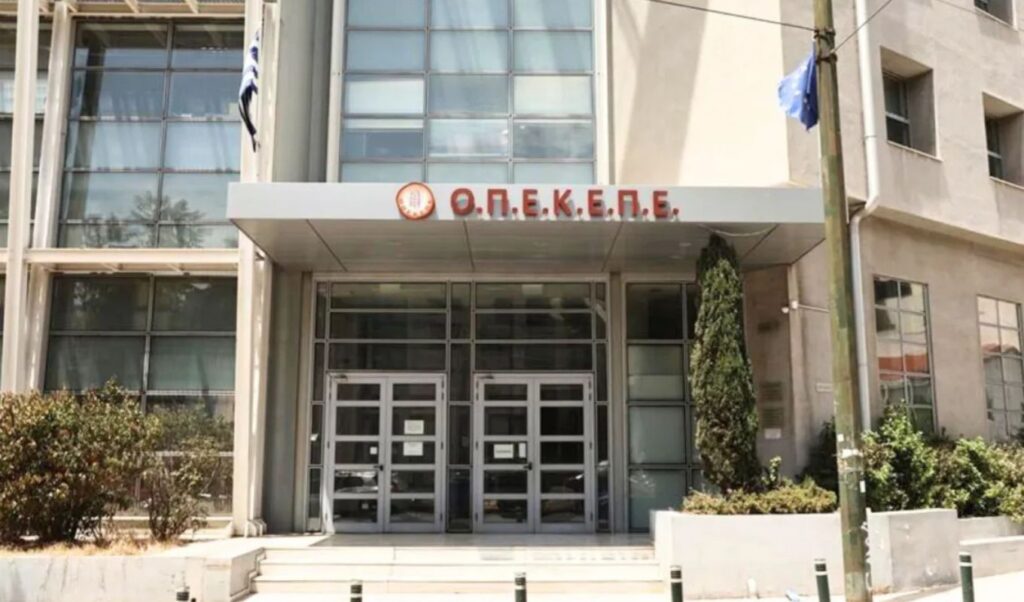Only a few days have passed since the Minister of Citizen Protection, Michalis Chrysochoidis, publicly expressed his assessment that criminal organizations may exist among the isolated cases of OPEKEPE subsidy embezzlement, whose members operated collaboratively to siphon even more funds.
“The investigation is proceeding in two directions… The investigation will continue so that we can eventually reach 600,000 tax identification numbers to see how many of them have illegally received subsidies. At the same time, an investigation has begun to find the criminal groups that worked together so that some could receive large amounts of money…” the minister had emphasized, and before the rooster crowed thrice, the major operation of the Organized Crime Unit began. This resulted in the arrest of a total of 37 people who comprised this criminal organization that had set up a major scheme for illegally obtaining subsidies from OPEKEPE.
From 2018 to 2022, the core group of 13 people, including two alleged leaders (a 36-year-old from Giannitsa and a 38-year-old from Crete), fraudulently inflated subsidies by 5 million euros without being entitled to them.
OPEKEPE: How the fraud ring operated and who was involved
Among those involved were professionals of various kinds who were anything but farmers. According to the police investigation, the group notably included individuals whose main occupation was completely unrelated to the subject matter. A DJ and a waiter are, for example, part of the gang’s core, which used persuasion and other clever methods to approach farmers, landowners, and private employees. These individuals handed over their details to the fraudsters, who virtually multiplied the areas, crops, and animal populations they declared in the system, thus geometrically increasing the expected subsidies.
“During the preliminary investigation, 324 individuals were identified as subsidy recipients, causing an estimated damage of over 19.6 million euros to the EU budget. Of these, 42 people are believed to be directly involved in the case and constitute active members of the criminal organization. Most appear to have no real connection to agriculture, indicating that their participation served exclusively to facilitate fraud,” states the European Public Prosecutor’s Office announcement, which commissioned the Greek Police to investigate the case.
The modus operandi of the organization’s core is noteworthy. The 36-year-old from Giannitsa exploited his employment at a Subsidy Documentation Reception Center for at least two years, while the 38-year-old from Crete had similar involvement for a corresponding period. At the second level of the ring, three of the potential defendants “fished” for landowners and convinced them to hand over their details, so they could declare them collectively and everyone would receive a share of the subsidies.
The result of this unexpected profitability was the luxurious lifestyle of those arrested, who didn’t hesitate to showcase moments of leisure on social media. Of course, some of them appear to have been thinking long-term and rushed to launder money by investing the stolen funds in either plots of land or real estate. This wasn’t the only way they laundered money, but also through complex procedures. Through transfers of amounts to successive accounts and combinations of income from legitimate sources, fictitious transactions, and invoices, they reintroduced the money into the market.
The total of 37 arrestees are expected this morning at 09:00 at the offices of the competent prosecutor in Athens. Given that 34 of them were outside Athens, mostly detained in Thessaloniki, they traveled from the early hours with their first destination being GADA (General Police Directorate of Attica). It’s noted that 11 originate from or reside in Pella, 21 in Thessaloniki, and 2 in Ioannina.




